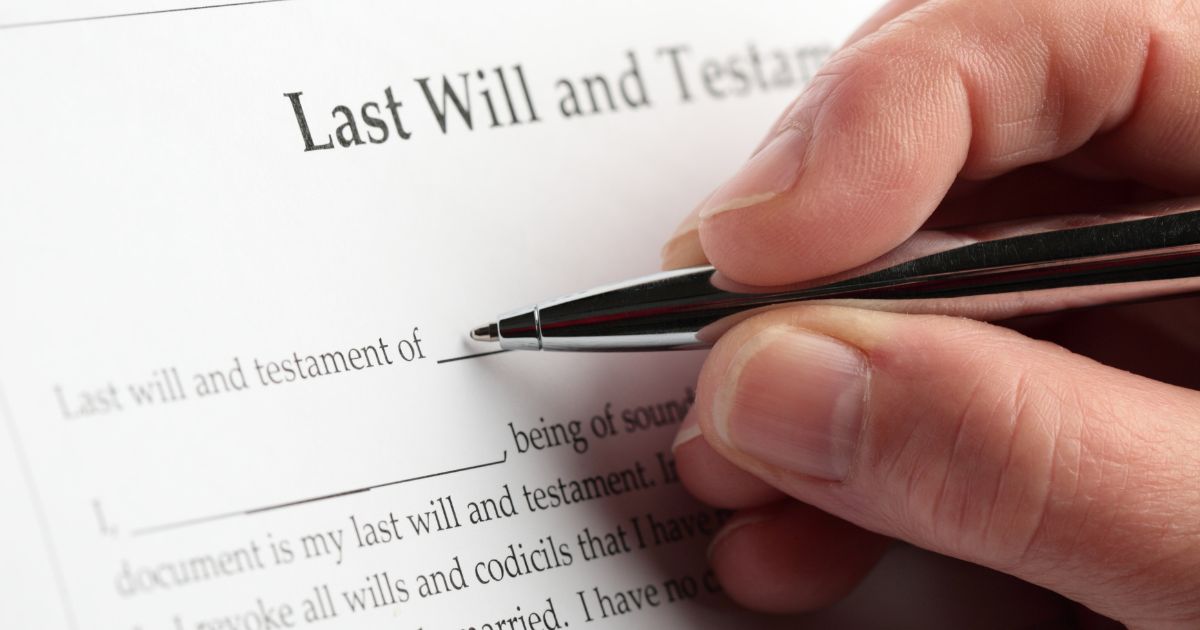When considering your estate planning needs, a will is one of the first things that comes to mind. If you pass away without a will, your family may be left in a difficult situation. There are several types of wills that you can consider to meet your needs potentially. You should consult an experienced lawyer to review each option and determine which is right for you.
Simple Wills
The will that most people opt for is a simple will. This type of will takes care of your basic estate planning needs. A simple will divides your property among your heirs and states your wishes for your minor children. It may be invalid if the will does not meet legal requirements.
A simple will works best when you do not have a complex estate. You can state your wishes with basic writing and amend them as necessary. If your estate is larger or involves some potentially difficult legal issues, a simple will may not work best for you.
Testamentary Trust
Although not a will, a testamentary trust is part of a last will and testament. You can use a testamentary trust if you have younger beneficiaries or are concerned about how they will spend the money. This document will place a trustee in charge of the funds and set conditions for the inheritance. Your heirs may not be able to receive the money right away.
A testamentary trust allows you to accomplish more with your will. Your estate can continue growing because it is not yet fully distributed to the beneficiaries. However, your family must remain in the probate process each year until the property is entirely distributed. The executor’s job will last far longer than the typical one in probate.
Joint Wills
Two spouses may sign a joint will for convenience and to save money. It may be simpler for the spouses to write one will. Their heirs could be assured of an inheritance because the will is no longer changeable after one spouse dies.
However, that same formality can also work against the family. Depending on different needs, the will may need to be changed after one spouse dies. In addition, a joint will lead to a more complex probate process. Your family could run into delays and roadblocks when it comes time to distribute the property.
Living Wills
You should also have a living will. This type of will does not distribute property. It speaks your wishes for the healthcare you will receive when you can no longer speak for yourself. A living will detail the lifesaving measures that you want doctors to take (or not to take) when they are necessary. You need to sign your living will when you have full legal capacity for it to be valid.
You should sit down with a lawyer as soon as possible to work on your comprehensive estate plan. If you do not have one, now is the time to start. If you already have an estate plan, you must review it periodically to ensure it still meets your current needs.
Contact Our Virginia Beach Estate Planning Lawyers at Anchor Legal Group, PLLC to Get Peace of Mind
When you need help making arrangements that will help your family in the future, reach out to our Virginia Beach estate planning lawyers at Anchor Legal Group, PLLC. Call us at 757-LAW-0000 or complete our online form to schedule an initial consultation. Located in Virginia Beach, we serve clients in Chesapeake, Norfolk, Suffolk, Portsmouth, Newport News, Hampton, and Eastern Shore, Virginia.


